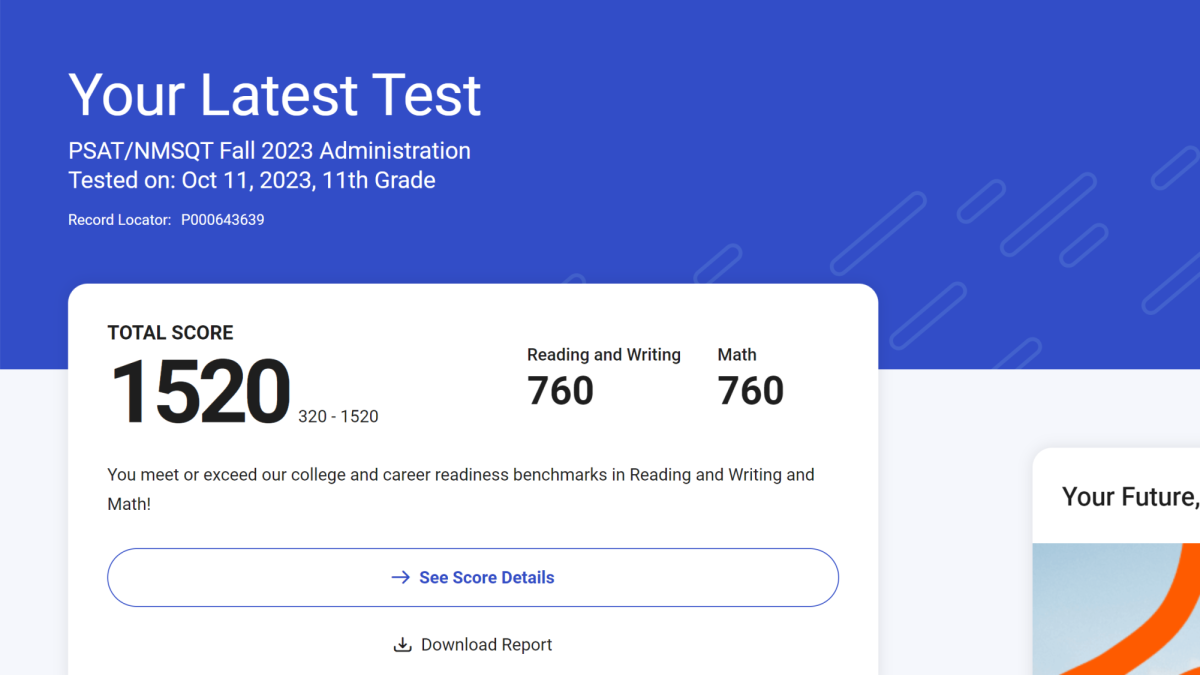What does it mean for a person to be smart? There are many quantifiers of intelligence, especially for students, such as IQ tests, standardized tests, and grades/GPA. Many students might consider a smart person to be someone with a high grade point average or someone who scores well on tests like the SAT and ACT. Intelligence can mean many things, though, and the IQ you’re born with doesn’t have to define you.
Firstly, a major aspect of the type of intelligence that means performing well in school is having a strong memory and the ability to retain information well. You are born with your memory as well as other elements of your intelligence (“intelligence” as in how efficiently your brain is able to function), and naturally having a good memory and being naturally “smart” due to luck in genetics can certainly give you a great advantage when it comes to school. To put it simply, students with this advantage don’t need to work as hard to achieve high grades and earn high test scores as students who don’t have this naturally strong memory and natural intelligence that allows them to quickly reason, problem-solve, and more.
This natural intelligence (which includes memory) that I’m referring to is something whose degree is out of your control to determine as you are born with the level you have. While it’s possible to improve your memory and other intelligence-related skills over time, the main factor that plays into whether you get the aforementioned advantage or not is luck. However, this natural intelligence is absolutely not the only determinant of someone’s potential and success; another extremely important factor is work ethic.
A lot of students have heard the sentence “You’re smart, but you just don’t apply yourself.” Work ethic is a separate characteristic from intelligence, but it contributes to many of the same outcomes that intelligence contributes to and can help alter how intelligent someone is perceived to be. For example, a student who wasn’t born with a great memory but studies hard to perform well in school might be perceived to be equally intelligent to a student who doesn’t need to study hard to perform well in school due to their naturally strong memory. Unlike intelligence, work ethic is self-determined, and like intelligence, work ethic plays a major role in one’s life. Naturally intelligent students may have a more difficult time learning how to work hard when their classes’ difficulty levels increase as they’re not used to needing to put in that amount of effort to perform at the level they want to perform at. Both work ethic and intelligence do, of course, contribute in large ways to people’s lives and success levels outside of school, and while I don’t think it can be universally determined whether work ethic or intelligence is more significant or more impactful, I would say that learning to work hard can only help you no matter how naturally smart you are.
Additionally, being intelligent is different from being knowledgeable. What I consider intelligence to be and how I’m defining it in this article is purely based on brain function. Being knowledgeable means knowing a lot of information, and since information must be learned, knowledgeability differs from one’s natural, given-at-birth intelligence. However, being intelligent can definitely help with being knowledgeable as having a good memory makes it easier to retain information.







